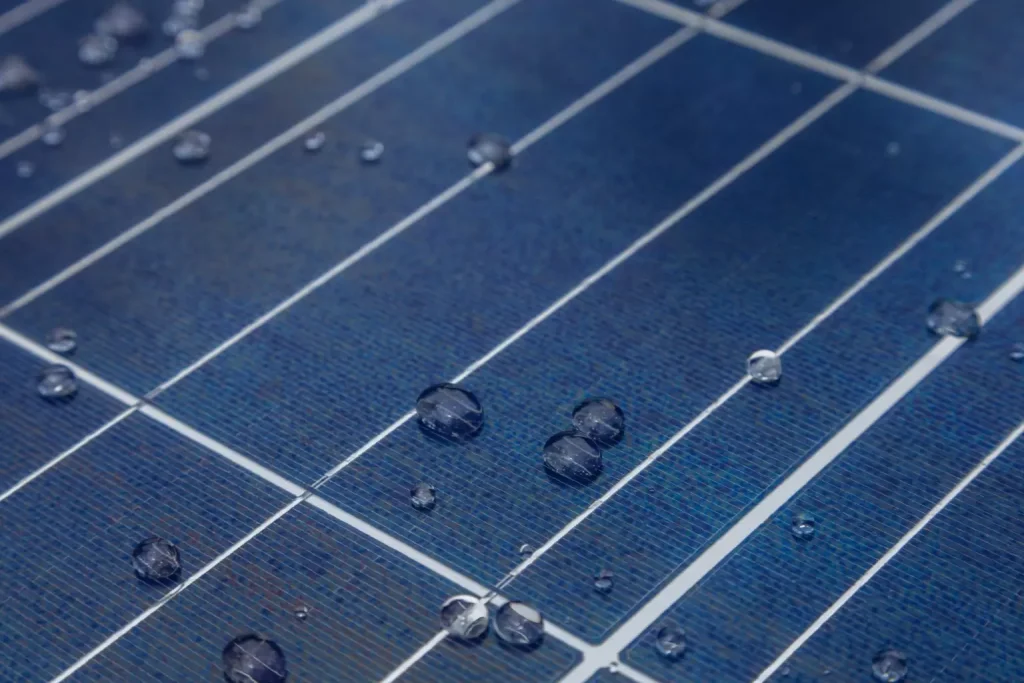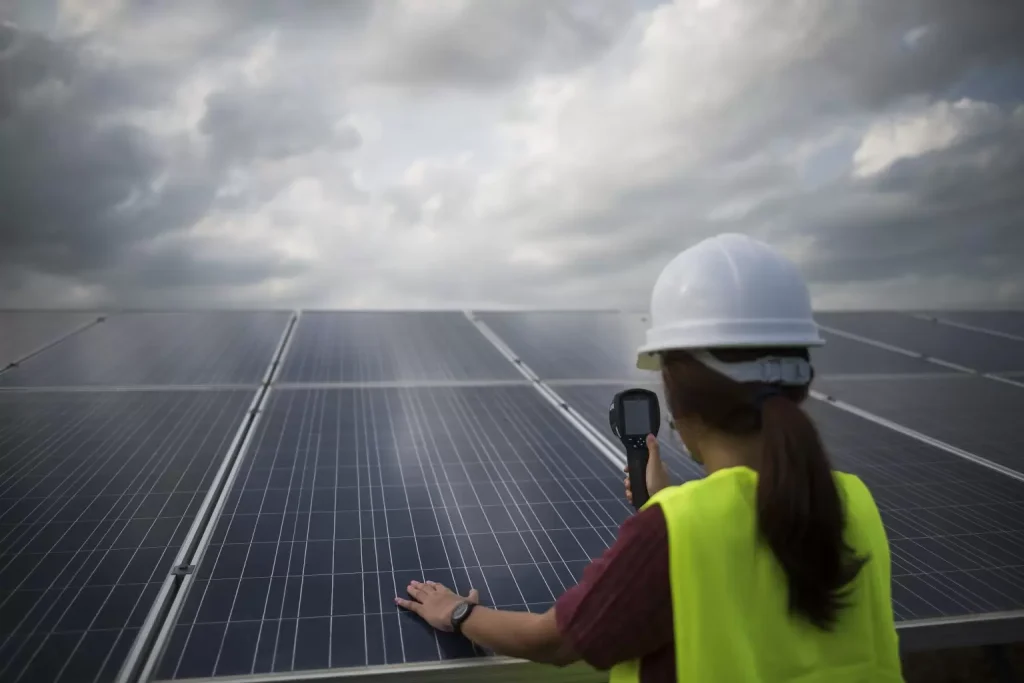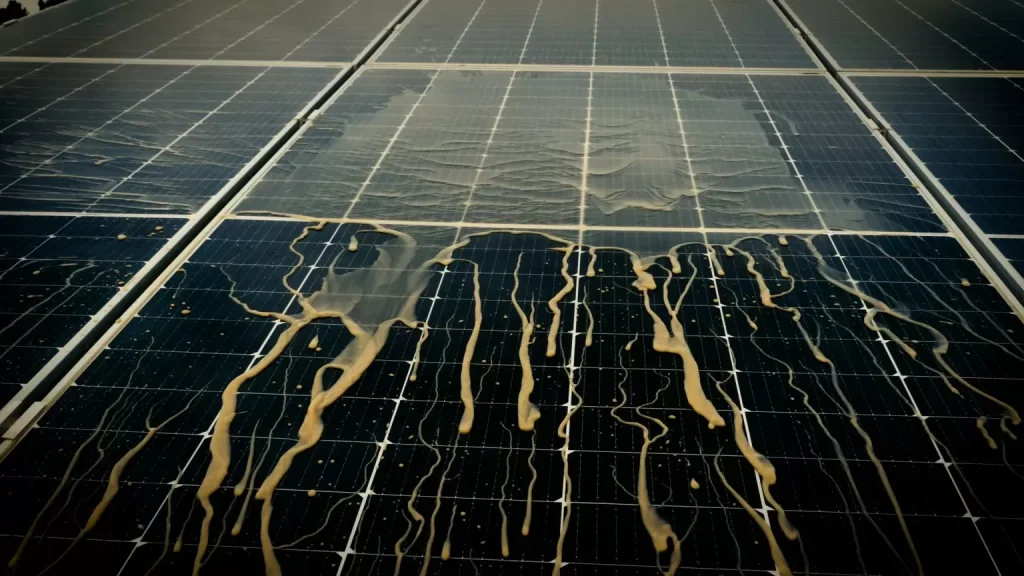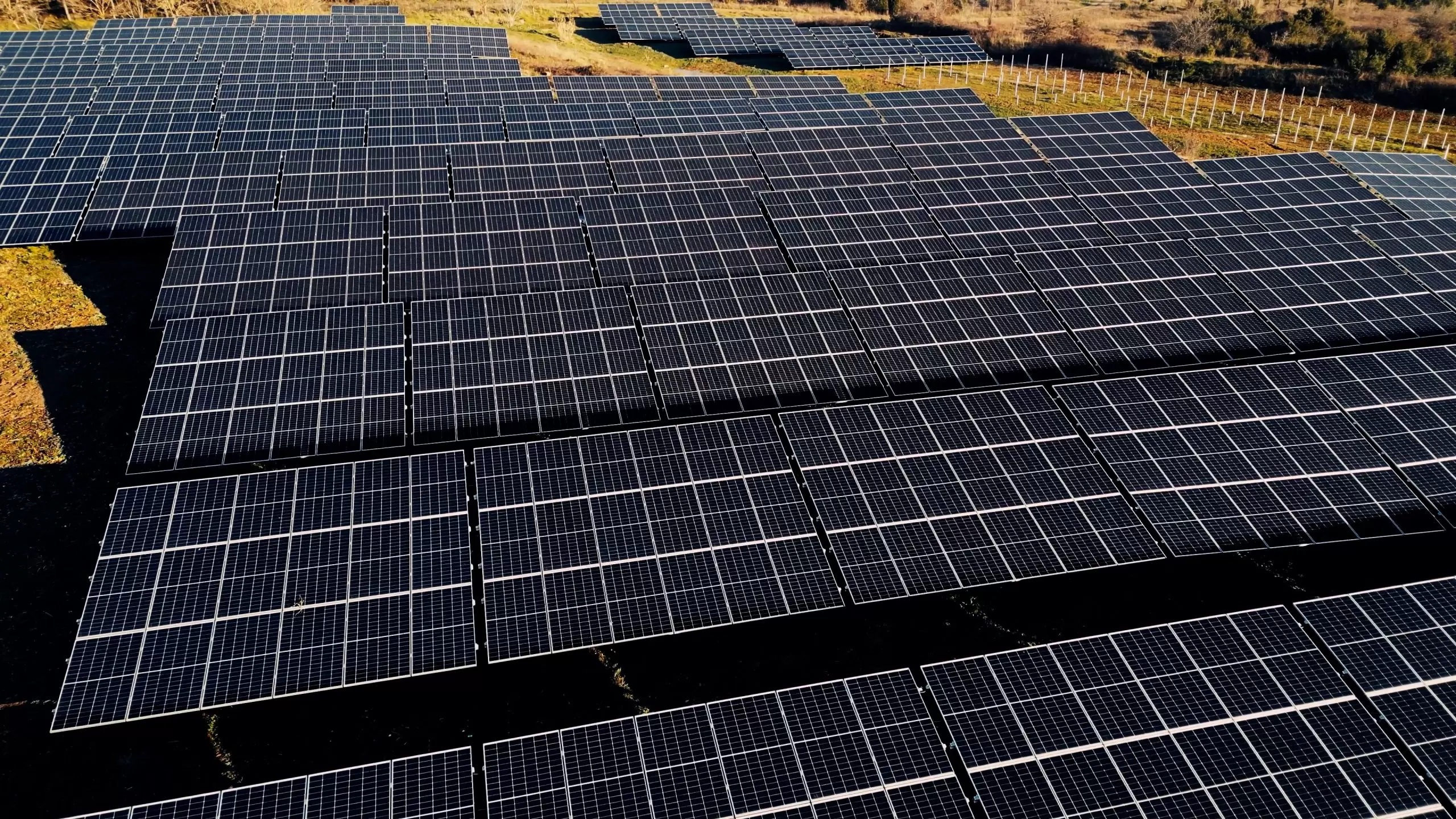In a world rapidly pivoting towards sustainable energy solutions, solar panels stand as beacons of hope, harnessing the sun’s boundless energy. Yet, their efficiency isn’t solely about design or placement; it’s significantly influenced by maintaining their pristine condition. This is where nano coatings enter the scene – a revolutionary technology reshaping solar energy efficiency.
Here’s a brief overview of what we’ll explore in this article:
- Understanding solar panels: their function and the importance of clean energy.
- The critical role of surface cleanliness for optimal solar panel performance.
- Addressing environmental challenges: protecting solar panels from UV damage, extreme temperatures, and harsh conditions.
- How nano coatings enhance solar panels: from dirt and dust resistance to improved efficiency.
- Practical insights: the application process, longevity of nano coatings, and special maintenance considerations for coated panels.
Join us as we unfold the layers of this cutting-edge technology, showcasing how nano coatings are not just enhancing solar energy efficiency but also championing our commitment to a cleaner, greener planet.

Understanding Solar Panels and Clean Energy
What are Solar Panels, and How Do They Work?
Solar panels are marvels of modern technology, converting sunlight into electricity. At their core, these panels contain photovoltaic (PV) cells, typically made from silicon. When sunlight hits a PV cell, it generates an electric field, producing electricity.
This process is not only remarkably efficient but also completely silent, contributing no pollution to the environment. Solar panels can be installed on rooftops, in large open fields (solar farms), or even integrated into building materials.
The Importance of Solar Energy as a Clean, Renewable Resource
Transitioning to solar energy is a pivotal move towards a sustainable future. Solar energy, an inexhaustible renewable resource, starkly contrasts with finite fossil fuels. Its paramount benefit lies in reducing greenhouse gas emissions, a critical factor in climate change. Embracing solar energy signifies a commitment to a cleaner, more resilient world, steering away from the environmental perils associated with traditional energy sources.
Benefits of Solar Energy for the Environment and Human Health
Solar energy’s contribution to environmental preservation is substantial. Operating without emitting harmful pollutants, solar panels significantly reduce the carbon footprint, contributing to the global effort against climate change.
They also play a crucial role in water conservation, as their operation doesn’t involve water usage, unlike conventional power generation methods. Additionally, solar farms are designed to harmoniously coexist with local ecosystems, minimizing ecological disturbances.
The health implications of adopting solar energy are equally crucial. A reduction in air pollution from burning fossil fuels leads to fewer respiratory and cardiac health issues. This transition not only fosters a healthier environment but also promotes the well-being of communities, marking a significant stride towards overall public health improvement.

The Challenge of Maintaining Solar Panel Efficiency
Keeping Solar Panel Surfaces Clean: A Necessity for Optimal Performance
The efficiency of solar panels is inextricably linked to their cleanliness. Over time, panels naturally accumulate dust, dirt, and other residues, significantly impeding their ability to effectively capture sunlight. This accumulation forms a physical barrier, obstructing solar rays from reaching the photovoltaic cells.
For individual panels, this might mean a slight decrease in efficiency, but on the scale of a solar farm, the cumulative impact can be substantial, leading to a marked drop in overall energy production.
The Laborious Task of Cleaning Large Solar Farms
Maintaining the cleanliness of solar panels in large solar farms presents a considerable challenge. These expansive installations, often spanning vast areas, require regular and meticulous cleaning to ensure optimal performance. The process isn’t just time-consuming; it’s also labor-intensive and demands significant resources.
In certain regions, water scarcity adds another layer of complexity to the cleaning process. This is where advanced solutions that reduce the frequency and labor of cleaning become indispensable.
Direct Link Between Cleanliness and Efficiency
The correlation between the cleanliness of solar panels and their efficiency is direct and undeniable. A clean panel surface allows for maximum sunlight absorption, leading to higher electrical output. Conversely, soiled panels suffer from reduced efficiency, as the layers of dirt reduce the intensity of sunlight reaching the cells.
Regular cleaning, therefore, isn’t just about maintaining appearances – it’s a critical aspect of ensuring that the solar installation operates at its highest possible capacity, ultimately impacting the return on investment for solar energy projects.
Nano Coatings: Revolutionizing Solar Panel Maintenance
In the realm of solar energy, maintaining panel efficiency is paramount. Enter the transformative solution: Nasiol Nano Coatings, a revolutionary approach in advanced surface protection. These advanced coatings are not just a layer of protection; they are a leap in solar technology, bringing a multitude of benefits to solar panels.
Enhanced Durability and Efficiency with Advanced Nano Coatings
At the forefront, nano coatings provide a formidable shield against environmental wear and tear. These long-lasting solar panel coatings offer unmatched scratch and abrasion protection, ensuring that the panels remain unscathed from physical damages.
The durability of these coatings directly translates into enhanced solar panel longevity, ensuring that your investment continues to yield returns over an extended period.
Optimizing Cleanliness for Peak Performance
One of the standout features of these coatings is their easy-to-clean nature. The hydrophobic and oleophobic properties inherent in NASIOL nano coatings mean that water and oil-based substances do not adhere to the panel’s surface.
This ability not only makes cleaning a breeze but also significantly reduces the frequency of maintenance. The result? Solar panels that maintain their efficiency without the labor-intensive upkeep.
Protection Against the Elements
Solar panels are constantly exposed to harsh environmental conditions, and here, nano coatings prove their mettle. They offer robust UV damage protection, safeguarding the panels from the sun’s harsh rays. Additionally, their thermal protection ensures resilience against extreme temperature fluctuations, an essential feature for panels exposed to varied climates.
Nasiol Nano Coatings also excel in extreme pH protection, ensuring that the panels are resistant to acid and alkaline substances. This feature is particularly beneficial in areas prone to acid rain or industrial pollutants. Moreover, the coatings provide effective deicing solutions for solar panels, a critical aspect in colder regions where ice accumulation can drastically reduce efficiency.
Compatibility and Application Ease
Nasiol’s nano coatings are designed to be universally compatible, safe for all types of solar panels, including silicon and thin-film technologies. The application process of these coatings is straightforward, whether integrated during production or applied post-installation. This flexibility ensures that both existing installations and new projects can benefit from this advanced technology.
Sustainability and Environmental Compliance
Emphasizing environmental responsibility, Nasiol Nano Coatings are REACH compliant, ensuring they meet stringent safety standards. This compliance highlights the commitment to not only enhancing solar panel performance but also doing so in an eco-friendly manner.

Final Thoughts
In concluding our exploration of nano coatings for solar panels, it’s clear that these advanced solutions significantly boost the efficiency and longevity of solar energy systems. By enhancing the cleanliness and durability of solar panels, NASIOL nano coatings play a crucial role in optimizing solar energy production. Their hydrophobic and oleophobic properties, coupled with resistance to environmental stressors, translate into less frequent cleanings, reduced maintenance costs, and prolonged panel lifespan.
The seamless integration of nano coatings into existing and new solar installations marks a progressive step towards sustainable energy. These coatings are not just about improved energy generation; they embody a commitment to environmental responsibility.
As we continue to embrace and rely on solar energy, the importance of technologies like nano coatings becomes increasingly evident. They represent more than just a protective layer; they are a bridge towards a more efficient and sustainable future in renewable energy. As we harness the power of the sun, these innovations ensure that we do so in the most effective and responsible way possible.
FAQs
1. What is a solar panel nano coating?
A solar panel nano coating is a specialized, ultra-thin layer applied to the surface of solar panels. It enhances the panel’s performance by providing properties such as hydrophobicity (water repelling), oleophobicity (oil repelling), UV damage protection, and resistance to environmental factors. These coatings are key in maintaining the efficiency, cleanliness, and longevity of solar panels.
2. How do nano coatings benefit solar panels?
Nano coatings offer numerous benefits to solar panels, including enhanced solar power generation, scratch and abrasion protection, and improved panel longevity. Their easy-to-clean nature ensures that panels maintain high efficiency by minimizing dirt and dust adherence, which can obstruct sunlight absorption. Additionally, coatings like NASIOL nano coatings offer thermal protection and resistance to extreme pH levels, contributing to the panels’ overall durability.
3. Are nano coatings safe for all types of solar panels?
Yes, most nano coatings are formulated to be safe and effective for various types of solar panels, including silicon-based and thin-film technologies. These coatings are designed to be compatible with different panel materials, ensuring they don’t compromise the panel’s functionality or structural integrity.
4. How often do nano coatings need to be reapplied?
The frequency of reapplication for nano coatings on solar panels can vary depending on factors such as environmental exposure and coating quality. Generally, high-quality nano coatings, like those offered by NASIOL, can last several years before needing reapplication, making them a long-lasting solution for solar panel protection.
5. Are there any special maintenance requirements for nano-coated solar panels?
Nano-coated solar panels typically require less intensive maintenance due to their self-cleaning properties. While regular cleaning may still be necessary, the frequency and effort needed are significantly reduced. It’s important to follow any specific care instructions provided by the coating manufacturer to ensure the coating’s effectiveness is maintained over time.
You can also find another article about solar panels in below link:
